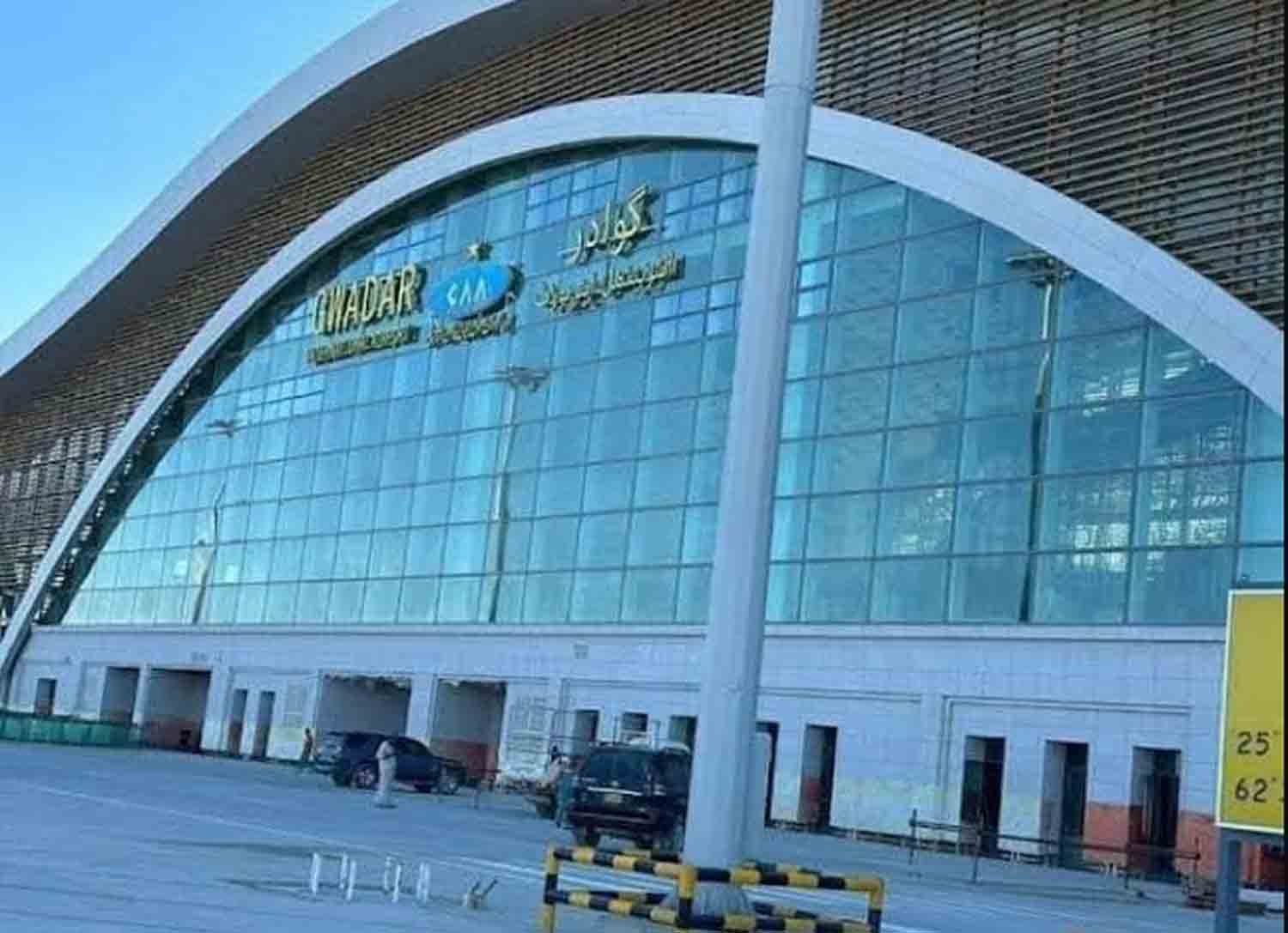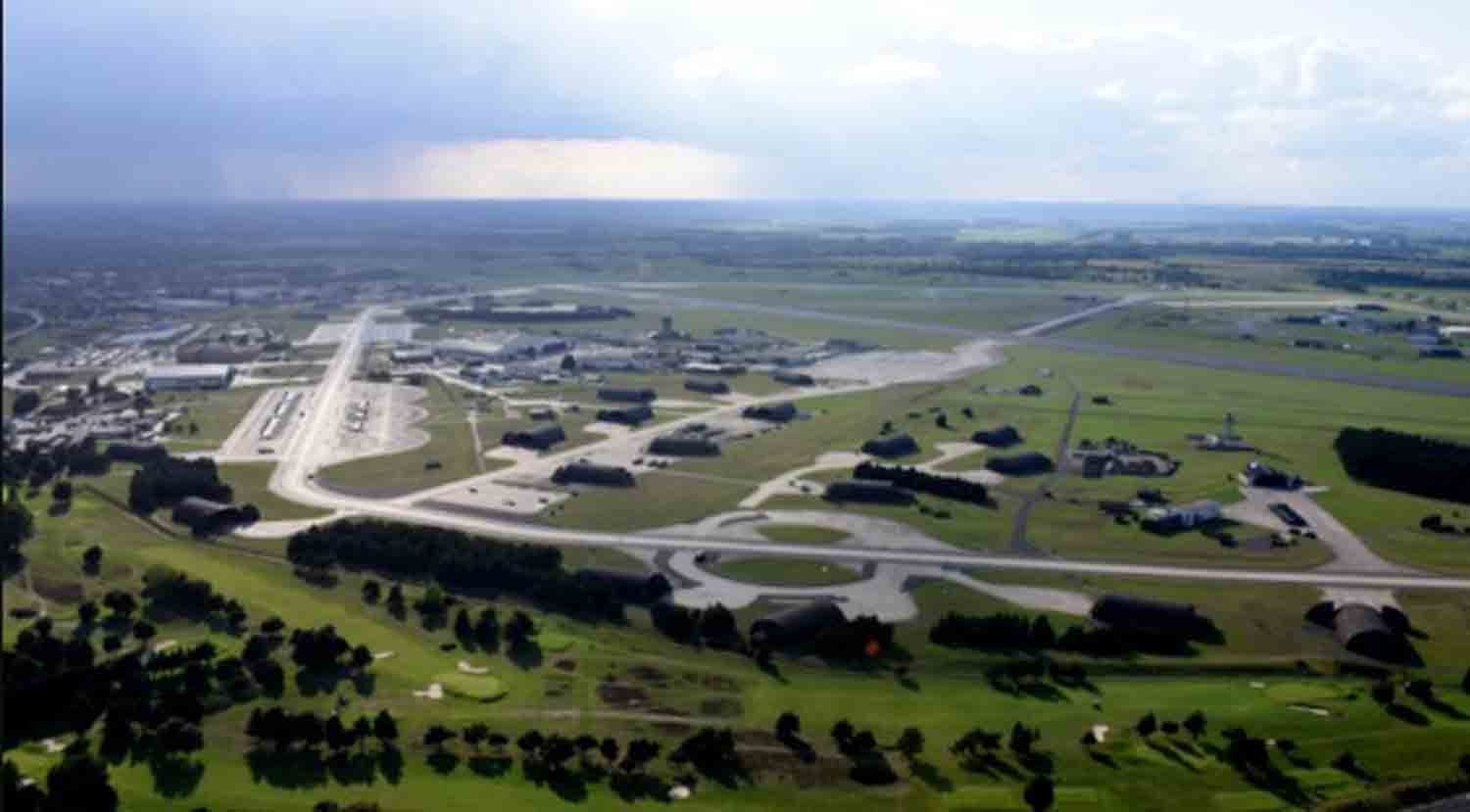The joint counter-terrorism exercises initiated by Pakistan and China last Wednesday are designed to enhance the professional capabilities of their military personnel and to fortify the military relations between the two nations.
Historically, Pakistan and China have collaborated extensively in areas such as defense production, technology, and training. China serves as a significant defense partner for Pakistan, supplying advanced weaponry, including fighter jets and submarines. These exercises are particularly relevant given the recent rise in attacks on Chinese nationals in Pakistan, attributed to separatist groups in Karachi and the Balochistan region. It appears that the focus of these joint military drills will be on promoting regional security through coordinated counter-terrorism strategies.
In the previous month, a suicide bombing occurred near the airport in Karachi, specifically aimed at Chinese engineers, resulting in the deaths of two individuals and injuries to several others. Earlier in March of the same year, another suicide attack in the northwest region claimed the lives of five Chinese engineers along with a Pakistani driver while they were en route to the Dasu Dam, the largest hydropower project in the country. The government of Islamabad asserts that these terrorist acts are intended to undermine its relationship with Beijing and threaten a multi-billion dollar infrastructure initiative in Pakistan.
In 2016, Pakistan established a security force comprising over 10,000 soldiers from the 34th Light Infantry Division to safeguard CPEC investments and Chinese personnel. In 2020, this force was bolstered by the addition of the 44th Light Infantry Division and a second task unit. However, incidents of violence along the CPEC route have persisted, leading Beijing to potentially view Islamabad’s security measures as inadequate, prompting a request for the deployment of Chinese security forces to ensure the safety of its citizens.
Despite the ongoing security challenges along the CPEC route and the resistance from ethnic movements in areas such as Balochistan, China remains committed to advancing the CPEC project as part of its regional ambitions. This commitment underscores Beijing’s determination to fulfill its strategic goals for regional connectivity as it emerges as a significant global power.
Launched in 2015, the China-Pakistan Economic Corridor (CPEC) stands as the most significant and costly connectivity project under China’s Belt and Road Initiative, initially estimated at $62 billion. This corridor spans approximately 3,000 kilometers, beginning in Xinjiang, a northwestern province of China, and concluding at Gwadar, a port city on the Arabian Sea in Balochistan. For China, the initiative holds strategic importance, aiming to address the “Malacca Dilemma” and mitigate potential threats to its access to the Indian Ocean via the South China Sea amid geopolitical tensions. This route is crucial for China to bolster economic relations and enhance defense collaboration with the Persian Gulf region.
As the flagship endeavor of the Belt and Road Initiative, CPEC also marks a significant milestone in China’s international standing, showcasing its commitment to global infrastructure development. Beijing has strategically positioned CPEC as a representation of its rise as a key global player, highlighting its pursuit of globalization and sustainable economic growth in partnership with the Global South over the last two decades. In parallel, Pakistan views CPEC as a transformative opportunity that could rejuvenate its economy, which has faced challenges such as financial instability, political turmoil, and social decline stemming from its Cold War involvement and subsequent conflicts. Consequently, the host nation aims to leverage this project as a vital geostrategic asset to enhance national security and facilitate comprehensive reconstruction.
On a global scale, the China-Pakistan Economic Corridor (CPEC) is poised to significantly influence China’s strategic positioning in relation to the United States. Connectivity initiatives are becoming increasingly vital to Beijing’s approach to mitigate the risks posed by Washington’s pro-American allies. These initiatives not only enhance essential infrastructure and trade routes but also foster economic reliance among participating nations on China. This economic interdependence serves as a foundation for China to expand its strategic influence as a prominent regional player, gradually positioning itself as a viable alternative to the United States’ global dominance. By strengthening both physical and financial connections, China is effectively complicating efforts by the United States and its allies to contain or isolate it, thereby establishing a buffer zone of states reliant on Chinese investment between itself and the United States through the Belt and Road Initiative (BRI).
To disrupt the strategic buffer zone, Western nations have been introducing various challenges to the China-Pakistan Economic Corridor (CPEC) since 2018. These challenges manifest as security threats, financial instability, and political hurdles within Pakistan. Notably, the escalating ethnic tensions in Balochistan have been exacerbated by local grievances regarding the perceived exploitation of natural resources, including the Reko Diq gold mines, as well as environmental concerns linked to Chinese-led initiatives. Additionally, the activities of militant groups such as the Balochistan Liberation Army, ISIS-Khorasan, TTP, and Tehreek-e-Jihad Pakistan contribute to this complex situation. In this context, the United States is actively adjusting its foreign policy to counter China’s growing influence in regional connectivity efforts. Consequently, President Trump may seek to leverage the internal political strife and economic challenges in Pakistan to monitor developments related to CPEC closely, particularly in light of the country’s increasing external debt and ongoing negotiations with the International Monetary Fund for further bailout assistance, which could further jeopardize the CPEC initiative.
Bureaucratic inefficiencies and regional rivalries have exacerbated internal political tensions and obstructed socio-economic progress in the troubled region of Balochistan. This situation adds further complexity, particularly as the diverse implications and potential developments of the China-Pakistan Economic Corridor (CPEC) significantly affect US foreign policy. As China strengthens its economic and security partnerships with Pakistan through this initiative, it is increasing its influence in a region where US authority over matters like regional stability, counterterrorism, and maritime security is being contested.
Should China achieve economic and strategic preeminence in South Asia, it could alter the power dynamics in favor of the East, thereby diminishing Washington’s sway over global trade routes and undermining US alliances. In light of this challenge, President Trump’s strategy may involve developing alternative connections under the Global Infrastructure and Investment Partnership, closely tracking CPEC’s advancements, and addressing socio-economic and human rights concerns in Balochistan.
Global powers are primarily stoking anti-China sentiment in Balochistan through violent incidents linked to groups such as the BLA, TTP, TJP, and ISIS-K. In response, Beijing is working to normalize relations with Afghanistan by engaging the Afghan Taliban and enhancing military cooperation with Pakistan. The underlying reason for these efforts is the Afghan Taliban’s focus on Afghanistan, coupled with their historical ties to militant organizations like the TTP and TJP, which, while operating independently, occasionally collaborate due to shared ideological beliefs.
Additionally, Beijing’s growing involvement with Kabul is driven by the urgent need to rebuild a region left in disarray by two decades of U.S. intervention. China aims to develop water resources in Afghanistan and seeks to establish access to Central Asian countries and Eastern Europe through infrastructure investments. Consequently, global powers are likely to continue fostering instability in Balochistan, exacerbating socio-economic grievances and feelings of marginalization among the ethnic Baloch population regarding transformative initiatives like the China-Pakistan Economic Corridor (CPEC).
Discover more from Defence Talks | Defense News Hub, Military Updates, Security Insights
Subscribe to get the latest posts sent to your email.





